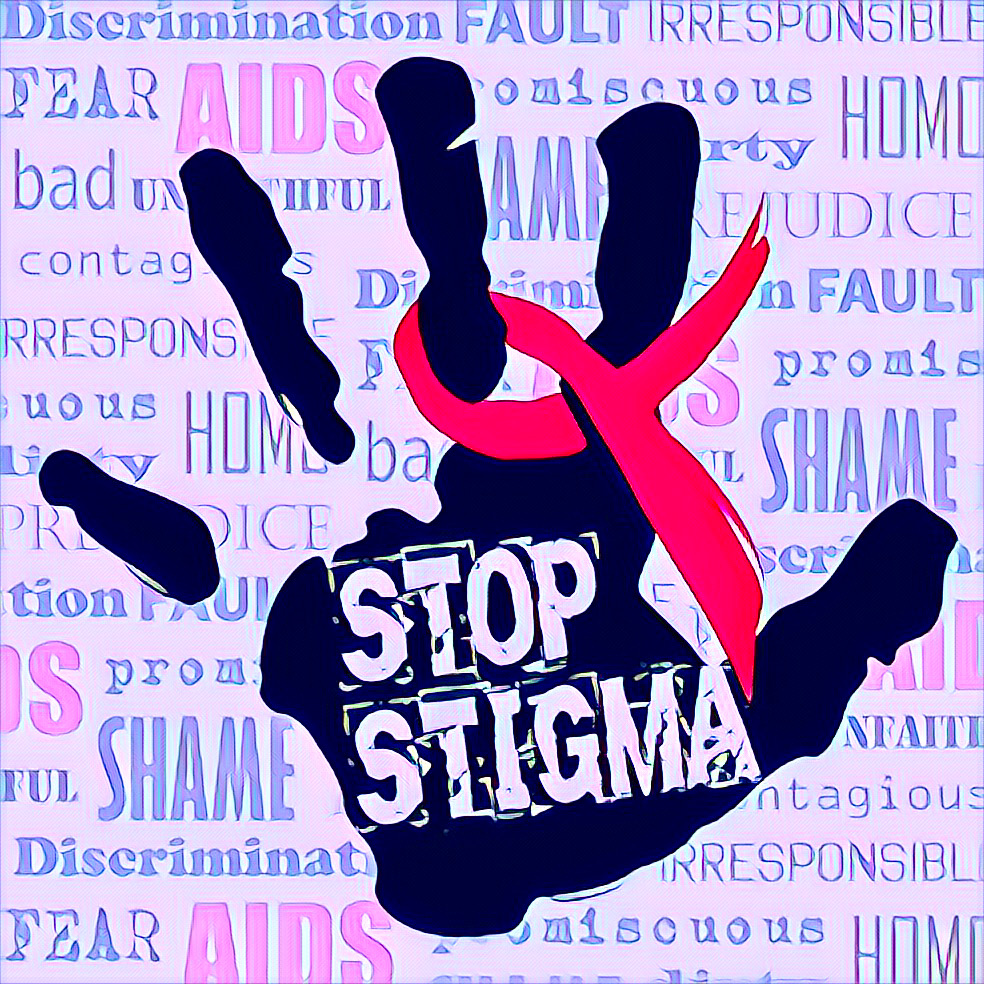Unlike many with HIV, Maud Chinembiri, through courses and support groups, found the courage to disclose her status. Hers was not a rosy journey.
“I got diagnosed with HIV after an incident with my boyfriend in 2009 and have been taking my medication since,” recalls Chinembiri, a mother of two. She has battled self-shame, self-blame, and self-stigma, emotionally persecuting herself for contracting HIV.
“I was finishing college when I got infected. A year later, I gave birth to my first child. Through the prevention of mother-to-child transmission program, I gave birth to a healthy baby who is turning 15 this year,” she said.
Chinembiri lived a life of shame but didn’t let it deter her dreams. “After some years, I became a teacher at a local school in Bulawayo. I taught for almost five years, but self-stigma made me resign. I felt ashamed and guilty of my status,” she said.
Her health deteriorated, and she fell into depression, which worsened when she contracted tuberculosis. Her marriage also suffered. “We relocated to Harare because my marriage was not working. My family couldn’t accept that my boyfriend coerced me into a sexual act, leading to my HIV infection,” she narrated.
In Harare, her aunt introduced her to a support group for young mothers and adolescents dealing with adherence and mental health issues. “Joining the support group taught me a lot about HIV and how to live a healthy life. Through this group, I was introduced to the work of Byron Katie,” she said.
She enrolled in a 12-week course held by the Zimbabwe National Network of People Living with HIV (ZNNP+), under Connect Zimbabwe Institute for Systemic Therapy. “I then enrolled in the self-stigma course using Byron Katie’s work,” she said.
Byron Katie’s method involves four questions and a tool called the yellow card to help one question their thinking. “I really needed this. My viral load was very high, but after the six-week course, my viral load became undetectable. This was because the worries, self-shame, and self-stigma were dealt with,” she said.
Chinembiri emphasized how the course helped her fight the blame, guilt, and shame associated with HIV. “Questioning our thoughts about being HIV positive and how we contracted it helped me discover a lot,” she said.
Unlike many, Chinembiri, through the courses and support group experiences, found the courage to disclose her status. She braved hostile perceptions associated with being HIV positive. This has been her living testimony as she manages her condition well.
“I disclosed my status to many people, including my family. I started volunteering with various organizations like CESSHAR and enrolled in the Sister2Sister program. I am now a mentor to young people in sexual reproductive health issues,” she said.
Through volunteering, Chinembiri has traveled, giving hope to hopeless young people. She has gained vast experience and understanding of what people like her face. “Self-stigma is universal. It’s not just about people with HIV; people generally feel shame about many things,” she said.
“There is a higher percentage of people living with HIV suffering from self-stigma, which affects their medication uptake and seeking HIV services. Self-stigma is powerful and affects everyone’s mindset, especially people living with HIV.”
According to the National Library of Medicine (NLM), self-stigma—negative self-judgements or core beliefs—can lead to feelings of shame, worthlessness, and self-blame, impacting social interaction, mental health, and health service utilization among people with HIV.
“Few interventions target self-stigma among people living with HIV and, to our knowledge, none until now for adolescents and young people in sub-Saharan Africa,” NLM said in a recent report. Self-stigma can result in non-adherence to HIV medication, lower quality of life, and poor mental health.
A systematic review found that HIV-related stigma undermined antiretroviral therapy (ART) adherence by compromising general psychological processes, adaptive coping, and social support. Seventy-three percent of studies reported an association between HIV stigma and ART non-adherence.
Source: Newsday


